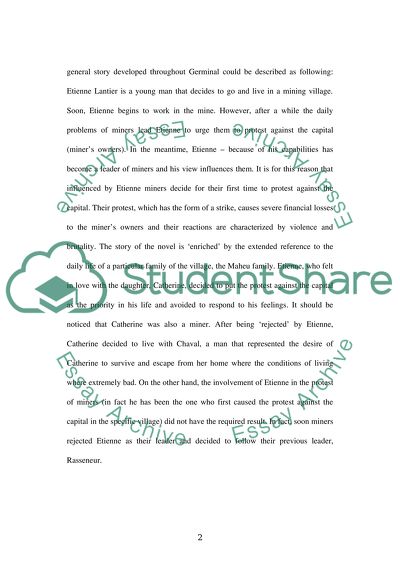Cite this document
(“Germinal by Emile Zola Book Report/Review Example | Topics and Well Written Essays - 2000 words”, n.d.)
Germinal by Emile Zola Book Report/Review Example | Topics and Well Written Essays - 2000 words. Retrieved from https://studentshare.org/history/1542442-essay-on-germinal-by-emile-zola
Germinal by Emile Zola Book Report/Review Example | Topics and Well Written Essays - 2000 words. Retrieved from https://studentshare.org/history/1542442-essay-on-germinal-by-emile-zola
(Germinal by Emile Zola Book Report/Review Example | Topics and Well Written Essays - 2000 Words)
Germinal by Emile Zola Book Report/Review Example | Topics and Well Written Essays - 2000 Words. https://studentshare.org/history/1542442-essay-on-germinal-by-emile-zola.
Germinal by Emile Zola Book Report/Review Example | Topics and Well Written Essays - 2000 Words. https://studentshare.org/history/1542442-essay-on-germinal-by-emile-zola.
“Germinal by Emile Zola Book Report/Review Example | Topics and Well Written Essays - 2000 Words”, n.d. https://studentshare.org/history/1542442-essay-on-germinal-by-emile-zola.


